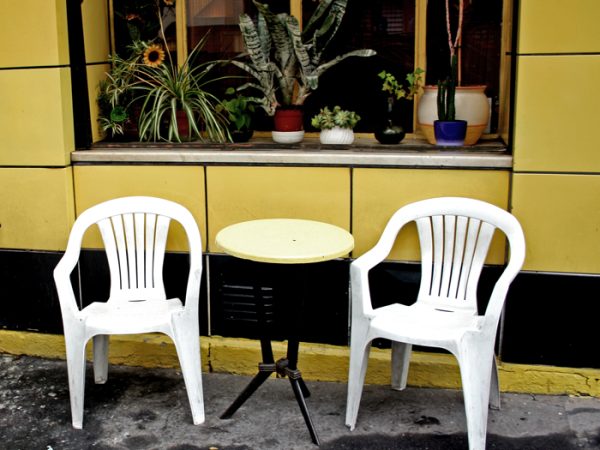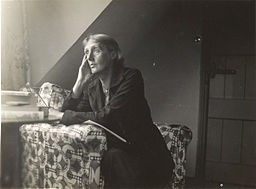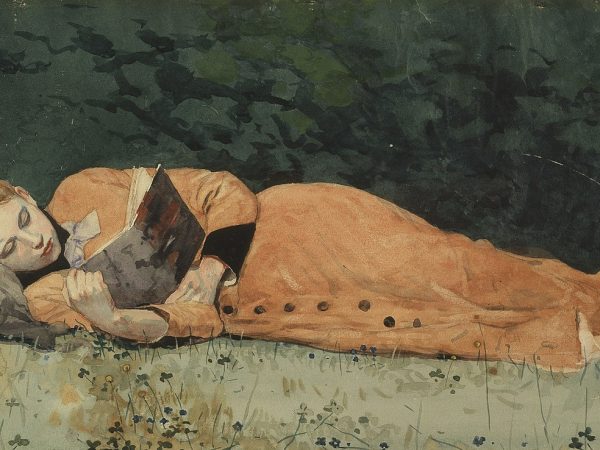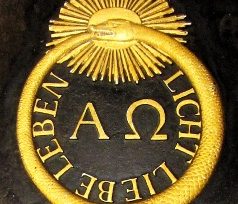
The novel questions whether “real life” is more real than “half life” and thereby becomes an allegory for how the “other world” of religious imagination colonizes “this world”. Dick constructs the relation between the “real world” and the “other world,” between immanence and transcendence, according to the psycho-dynamics of revealed, monotheistic religion.
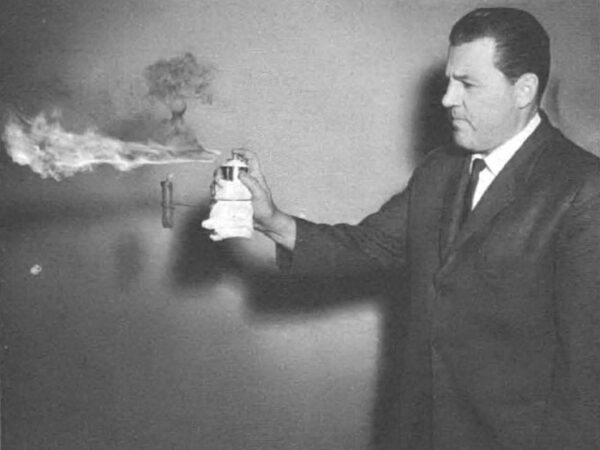
If the translator’s mistake appears to grotesquely reverse the great metaphysical reveal of Dick’s work, which is to say that it reduces the mysterious and omnipotent Ubik to nothing more than a commercial trademark like Apple, Google or Nike, it is typical that the author himself finds something perversely right – indeed wonderful — in its essential wrongness: Dick already knew very well, after all, that capitalism can quite literally change your life.

In the post-secular world [Dick] envisions, religion has fully capitulated to the allure of the marketplace. As these perky commercials are meant to indicate, Dick expects humankind, circa 1992, to seek (and find!) redemption not in its devotion to (and fear of) otherworldly deities, nor in the afterlives these deities gatekeep for their favorites, but in its reverence for nifty consumer wonder products: beer, brassieres, plastic wrap, razors, etc.

Ubik illuminates what is at stake for the human reimagined as human capital through these transitions, an alienation that expands beyond Joe’s struggles with his apartment door to encompass the deformation of the boundaries of reality itself as he investigates in a world whose ontological foundation has become fluid—commodities are regressing into earlier instantiations of their core use value, and the plot never entirely confirms for us whether it is Joe or his employer who exists in the state of cryonic suspended animation after bodily death that the novel names half-life.

In an era of systemic collapse, we need radical ecowomanist theory for survival and liberation.

Reconsider the concept of change in your spiritual journey.

Max Strassfeld’s groundbreaking Trans Talmud: Androgynes and Eunuchs in Rabbinic Literature is a masterclass in denaturalizing oppressive structures. As political backlash against trans folk continues its deadly escalation, Trans Talmud is a crucial intervention in both scholarly and explicitly political domains.
